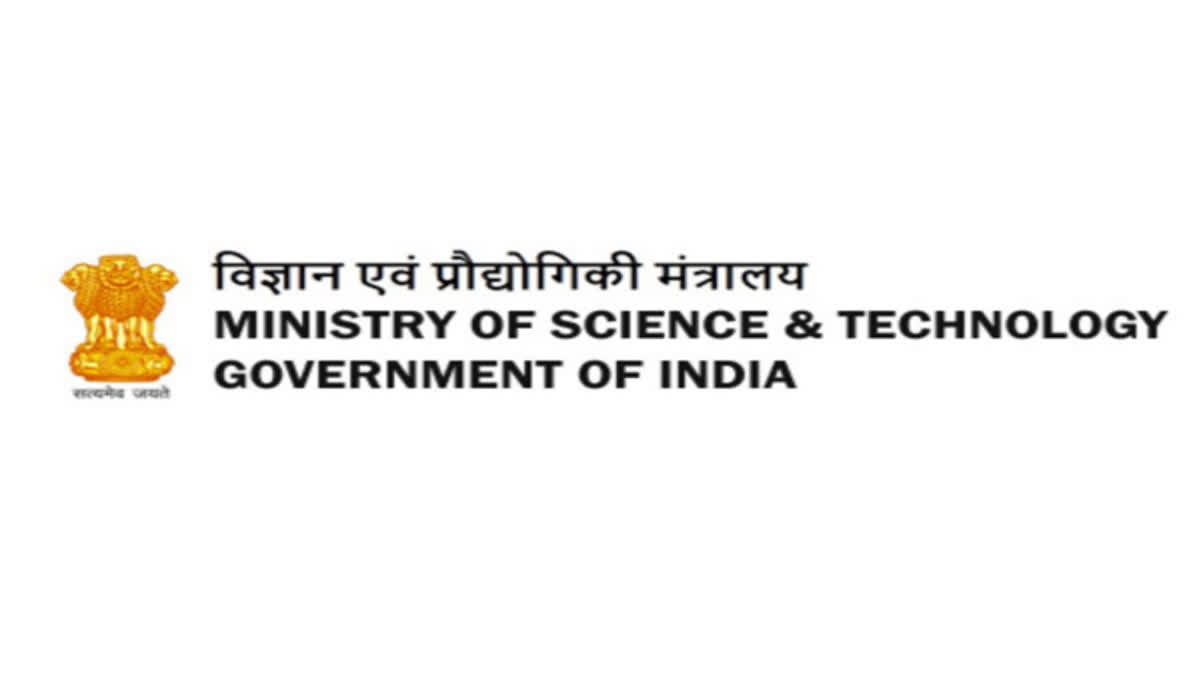New Delhi: In a scientific breakthrough, researchers have successfully fabricated an optically active biodegradable nanocomposite film with exceptional mechanical properties. This innovative material holds promise for applications in stretchable optical devices, including flexible displays and flexible organic LEDs, read the Ministry of Science and Technology press release.
Polymers have become an integral part of our daily lives, serving various engineering applications. However, specific applications demand highly flexible and optically active polymers.
To meet this demand, scientists have explored various methodologies to enhance the properties of polymeric materials by incorporating suitable nano materials, preserving the inherent properties of the polymers, read the release.
One such synthetic biodegradable polymer under scrutiny is polyvinyl alcohol (PVA), known for its film-forming capabilities and excellent mechanical properties. Additionally, the optical and mechanical attributes of PVA can be finely tuned by integrating appropriate nano materials.
A dedicated research team hailing from the physical sciences division of the Institute of Advanced Study in Science and Technology (IASST), Guwahati, an autonomous institution in Northeast India under the Department of Science and Technology (DST), has achieved a remarkable feat, read the release.
They successfully crafted a biodegradable PVA-CuO nanocomposite film employing a straightforward solution casting technique. Copper salt was employed as a precursor for the in-situ formation of copper oxide (CuO) nanoparticles, facilitated by distinct heat treatment conditions.
Also read: China's Baidu makes AI chatbot Ernie Bot publicly available
The press release read, “The research team, led by Dr Sarathi Kundu, Associate Professor, and supported by Saiyad Akhirul Ali, Junior Research Fellow (JRF), conducted extensive tests that confirmed the nanocomposite film's outstanding optical, mechanical, and antimicrobial properties under various heat treatment scenarios”.
Advanced spectroscopic and microscopic techniques were employed to verify the formation of CuO nanoparticles within the polymer matrix. Mechanical property assessments validated the creation of an exceedingly flexible and robust nanocomposite film, boasting a tensile strength of up to 39 MPa and a remarkable flexibility of 169 per cent, achieved with the incorporation of copper chloride, read the release.
The noteworthy achievement of fabricating the PVA-CuO nanocomposite film using a straightforward solution casting technique followed by heat treatment has been documented in the esteemed journal "Colloids and Surfaces A: Physicochemical and Engineering Aspects."
This pioneering development opens doors for the application of the nanocomposite film in stretchable optical devices, marking a significant stride in materials science and flexible optical technology. (ANI)
Also read: UK researchers develop new tool to reduce stroke risk



